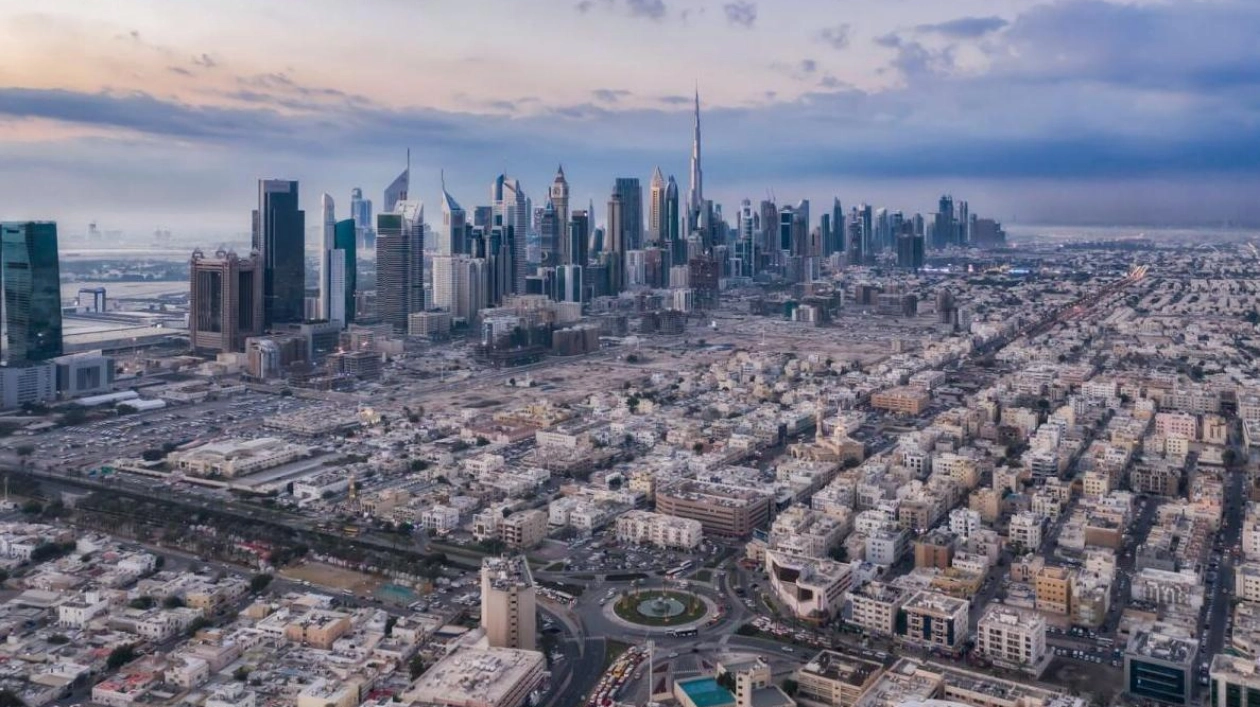The concept of luxury in real estate is experiencing a significant transformation. High-net-worth individuals (HNWIs) are no longer content with lavish mansions or exclusive penthouses; instead, they are gravitating towards sustainable communities that provide a richer lifestyle while addressing global environmental issues.
Recent surveys, including Knight Frank's Wealth Report, indicate that the majority of HNWIs prioritize environmental and sustainability factors when purchasing property. Luxury real estate firms such as Sotheby’s International Realty and Christie’s International Real Estate have noted a substantial increase in inquiries for properties within sustainable communities, highlighting a clear shift in preferences.
Moreover, the surge in investment in sustainable real estate funds by HNWIs, as evidenced by the Global Sustainable Investment Review, underscores the escalating demand for developments that harmonize luxury with eco-conscious living. This evolution signifies a move away from traditional symbols of wealth and towards a future where luxury is characterized not only by indulgence but also by thoughtful living and responsible stewardship of the planet.
HNWIs have always been trendsetters, and their current demand is reshaping the luxury real estate market. Their preference for sustainable communities over conventional luxury properties reflects a heightened awareness of how personal choices affect the environment. This demographic is keenly aware of pressing issues like climate change, resource scarcity, and social responsibility.
The growing desire for homes that offer comfort and exclusivity while aligning with these values is evident. Developers and investors who overlook this shift risk falling behind in an industry increasingly driven by ethics and long-term vision. Projects like Al Barari in Dubai exemplify this paradigm shift, integrating high-end living with green spaces, renewable energy, and a holistic approach to health and well-being.
Such developments resonate deeply with HNWIs, who seek to leave a legacy that promotes sustainability and community. When HNWIs invest in sustainable communities, they send a powerful message to the market and the world, catalyzing change and prompting developers to innovate and governments to implement policies that encourage sustainable urban development.
This movement also aligns with a desire for long-term investment security. Properties built on sustainability and resilience principles are likely to retain and even increase their value as environmental regulations tighten and consumer preferences evolve. In contrast, luxury properties lacking sustainability features may become less desirable and potentially suffer in market value.
Beyond environmental considerations, sustainable communities offer a coveted quality of life. HNWIs prioritize health and well-being, seeking environments that provide clean air, open spaces, and opportunities for social interaction. Sustainable communities offer amenities like organic farms, wellness centers, and nature trails, contributing to a holistic living experience.
The drive towards sustainable communities reflects a broader commitment to social responsibility. Many HNWIs are involved in philanthropy and impact investing, aiming to make a difference in the world. Investing in sustainable real estate aligns with their desire to support initiatives that contribute to the greater good.
The rise of sustainable communities presents both a challenge and an opportunity for developers and investors. Meeting the demands of HNWIs requires rethinking traditional development models. It's no longer sufficient to offer a luxury property adorned with the latest gadgets. The focus must shift to creating living environments that are smart, eco-friendly, and resilient, incorporating renewable energy sources, green building materials, and designs that foster community interaction while minimizing environmental impact.
Source link: https://www.khaleejtimes.com






